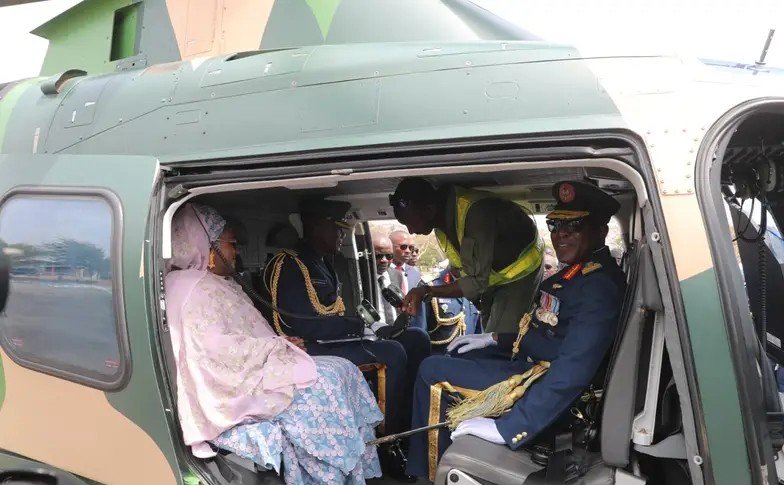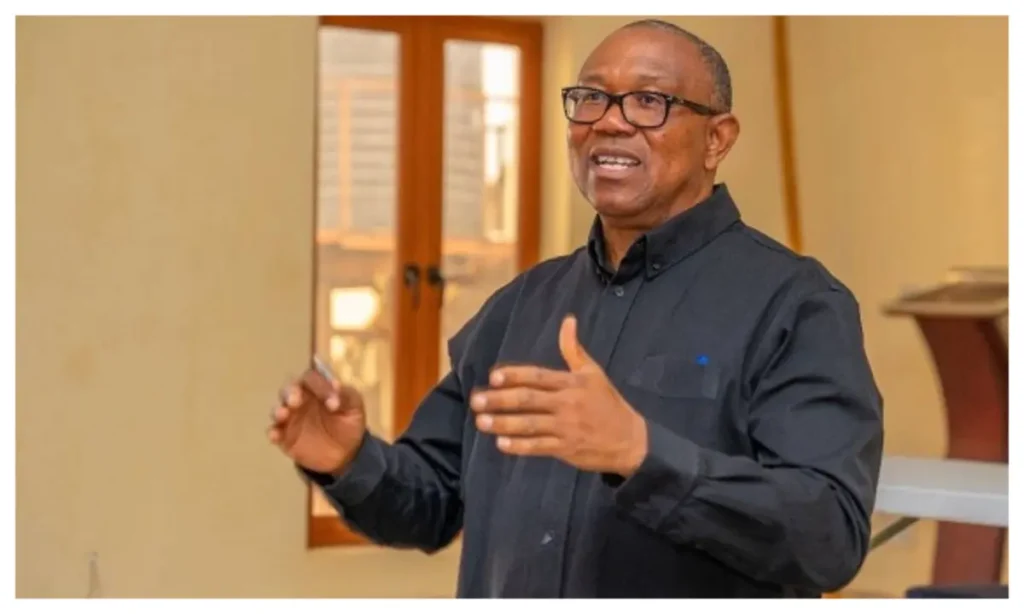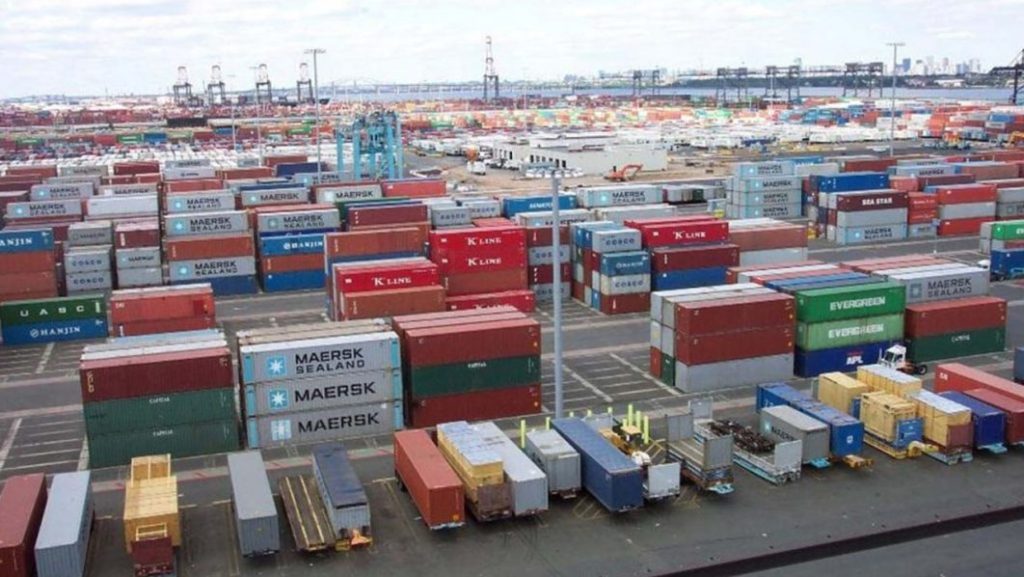A prominent figure in Nigeria’s Peoples Democratic Party (PDP) has claimed that a potential return of former President Goodluck Jonathan to the political arena could significantly challenge President Bola Tinubu’s bid for a second term in office. Umar Sani, a PDP stalwart, argued during a televised interview that Tinubu’s efforts to consolidate support in the South-South region—a key electoral zone—might be undermined if Jonathan, a native of the area, decides to run.
Speaking on Arise Television’s The Morning Show on Friday, Sani suggested Tinubu has been actively courting states like Edo, Akwa Ibom, and Rivers, which form part of the South-South geopolitical zone. However, he emphasized that the region’s voters would likely prioritize loyalty to Jonathan, who served as Nigeria’s president from 2010 to 2015. “Tinubu is preparing these states for himself, but Jonathan’s entry would upstage his efforts,” Sani said. “The South-South will rally strongly behind their own son. They cannot sacrifice him for any other political consideration.”
Sani’s remarks reflect the enduring influence of regional identity in Nigerian politics, where voter allegiances often align closely with ethnic and geographic ties. Jonathan, who hails from Bayelsa State in the South-South, remains a symbolic figure in the region despite losing the 2015 presidential election to Muhammadu Buhari. His potential candidacy, though unconfirmed, could redraw battle lines in the 2027 race, particularly in areas perceived as strategic for Tinubu’s coalition.
The PDP leader noted that while northern Nigeria would serve as a “battleground” for Jonathan, Tinubu’s prospects in the South-South would face greater jeopardy. “Voters there will turn out en masse for Jonathan because he is one of their own,” Sani reiterated. “This dynamic would impact Tinubu more acutely than any northern candidate.”
The commentary arrives amid simmering political maneuvering ahead of Nigeria’s next general elections, though neither Jonathan nor Tinubu has formally declared intentions for 2027. Jonathan, who conceded power peacefully in 2015—a rarity in Nigeria’s history—has maintained a low profile since leaving office but remains a subject of speculation regarding a comeback. Analysts note that his return could fracture existing alliances, particularly within the ruling All Progressives Congress (APC), which Tinubu leads.
Tinubu, elected in 2023, has faced economic headwinds and widespread public discontent over reforms, including the removal of a longstanding fuel subsidy. His administration’s ability to retain support in regions like the South-South, which boasts significant oil reserves and electoral weight, is seen as pivotal to his reelection strategy.
While Sani’s claims highlight the PDP’s internal calculations, they also underscore the fluidity of Nigeria’s political landscape, where regional loyalties and high-stakes coalition-building continue to shape national outcomes. As parties jockey for position, the specter of Jonathan’s return adds a layer of unpredictability to an already contested arena.



